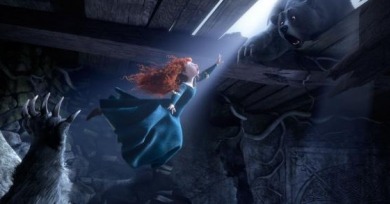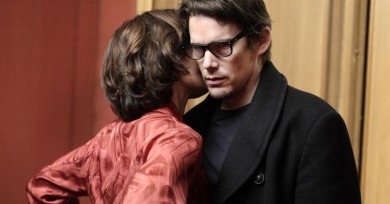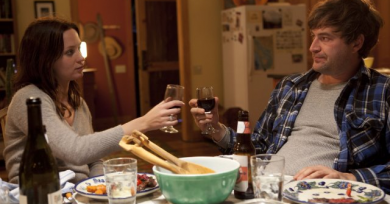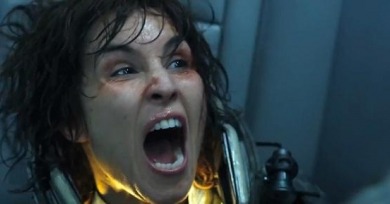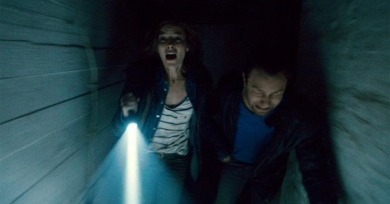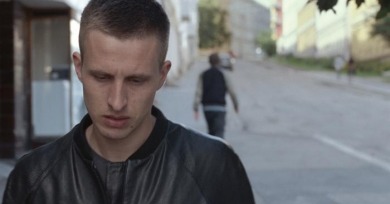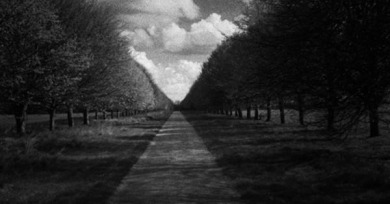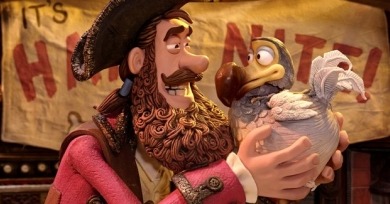Reviews
Brave has its problems, not least of which are an overreliance on the sort of yes-dear sitcom stereotyping that characterizes many of the interactions between the stern Elinor and boisterous Fergus. That said, I think it’s worth considering Brave’s particular concerns and cinematic predilections on their own terms
The film apparently seeks to use a thriller structure as a launching pad for a study of a man’s internal crisis, but the result is a mixture of the inchoate and the pitiful.
A comedy of contrivance that gives off the whiff of a dusted-off workshop draft, Your Sister’s Sister never recovers from its inauthentic opener.
In the beginning, there was a hairless, pearly white albino humanoid with an exceptionally strong nose and dead eyes. Let’s call him Powder.
Seven movies into Wes Anderson’s career, the arguments rage on but the opinions have settled: you know by now where you stand on the matter.
Though his film follows a conventional narrative, it would seem Peli cannot resist incorporating found footage, using it to introduce his characters and again, predictably, for a kill sequence.
Where la Rochelle held what amounted to an unforgivably romantic view of suicide, which the young idealistic Malle embraced, Trier (only a distant relation of Lars) has opted to strip away their stylistic floss to forge, in a soberly formal style, a raw and relevant portrait of Scandinavian suffering.
Shot on grainy, jittery, slate-gray 16mm, Alex Ross Perry’s The Color Wheel is a rare issuance from the lost generation of young American filmmakers in the fin du cinéma age that looks and feels “like a real movie.”
Midway through Hirokazu Kore-eda’s I Wish, a grandfather grumpily wonders, “Do kids today feel anything about anything?” Judging by this enchanting and wise film, indeed they do.
Superhero narratives historically depend upon the tension between the human and the superhuman—we can relate and we can’t, they’re one of us and they’re not—but this film quite literally takes place in the clouds.
True to this association, the movie treats Sebald with great solemnity, as a sort of Stonehenge-like ruin in and of himself, posthumously trying to make him something like a novelty subsection of the great themes of his own antiquarian German poetry and prose—Civilization, History, Memory.
The Pirates! Band of Misfits is a terrific concept (the dry Monty Python–esque wit and handmade charms of stop-motion animation masters Aardman applied to a swashbuckling high seas adventure) casting desperately about for a movie
This is not a film fueled by garrulous and good-natured young people questioning themselves and the world around them, but rather populated by those who’ve been around the block long enough to stop asking.
As time passes, via a steady rhythm of daily business (phone calls, appointments, parties, moping around), grief slowly begins to give way, as it never seemed it would, to a tentative levity.
